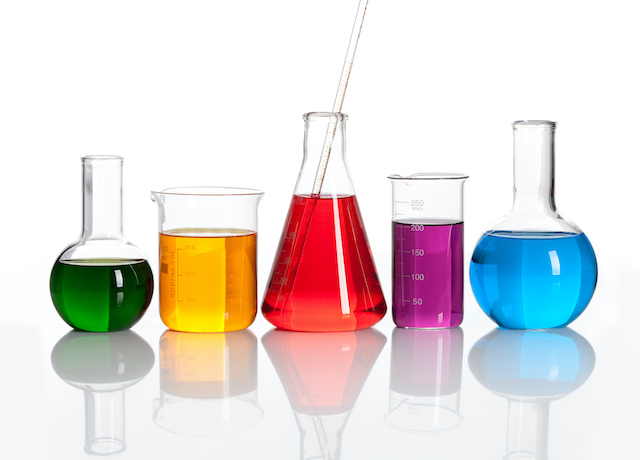
This blog post will help you better understand the main differences between glassware and plasticware.
Just about every lab requires various flasks, beakers, test tubes, dishes, graduated cylinders, beakers, dishes, and flasks. A lot of these lab supplies that we offer are available in glass or plastic materials. However, it can be a bit hard learning all of the differences between both types of materials. This blog post will help you better understand the main differences between glassware and plasticware and help you decide on which applications and practices are better suited for these materials. Read on to learn more!
Advantages of Glassware in the Lab
Glass beakers can be heated onto hotplates without breaking or melting. Glassware is also easier to clean and can be reused quite frequently. Improved transparency of glass offers enhanced visibility of graduation marks for accurate readings. Glassware also provides improved chemical resistance against acids and any alkaline solutions.
Disadvantages of Glassware in the Lab
There are also some disadvantages of glassware in your laboratory. There is a higher chance of breaking, which might result in a sample loss and exposure to any harmful solutions, which can create an unsafe laboratory environment. Glass containers can’t be used to hold hydrofluoric acid. Glassware also is not disposable after each use and will have to be autoclaved or cleaned.
Advantages of Plasticware in the Lab
Plasticware in the lab is reusable and can be autoclaved. They’re lightweight, which is better for ergonomics, can be recycled, and are environmentally friendly. They’re a bit more cost-effective than glass, which is a huge plus for many labs, and are more convenient since they can be disposed of after every use. Plasticware is better for safety, too, since plastic materials are non-breakable and flexible.
Disadvantages of Plasticware in the Lab
Plasticware’s clarity is not nearly as good when compared to glass. They’re also affected more by high temperatures, and graduation marks are not as clear, which might lead to inaccurate results while testing.
Which One is Best for You?
For startup laboratories and classrooms, plasticware might be the ideal choice to go with since it’s more budget-friendly and makes for a safer lab space environment. However, if you’re working in a chemistry lab, glassware can provide improved resistance to chemicals when acidic and alkaline solutions are being used. Also, when using equipment like a hotplate and stirrers, glassware will offer the best kind of resistance and hold up to any extreme temperatures. In conclusion, consider the pros and cons of both in regard to your desired lab application. If your budget allows for you to stock up on both glass and plastic lab supplies, then you will be getting the best of both worlds.
FOR ALL ISO 17025 CALIBRATION SERVICES, CONTACT LAB PEOPLE TODAY
The Lab People Inc. is a trusted provider of laboratory equipment, services, supplies, and rental equipment for you and your laboratory. As an ISO 17025 accredited service organization, we stand behind our services with 100% satisfaction guaranteed for all of our customers. We offer calibration services for balances, pipettes, moisture analyzers, force measurement, test weights and more. Services include preventative maintenance, SQ-Min, IQOQ, repairs, legal for trace/placed in service, verification and more.
For more information about how we can assist you, visit our website, email us, or give us a call at 1-800-296-2001!
Do not forget to follow us on Facebook, Twitter, and Linkedin!
This entry was posted on Friday, October 29th, 2021 at 4:23 pm. Both comments and pings are currently closed.